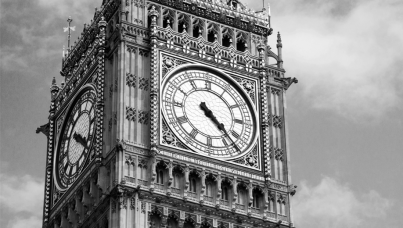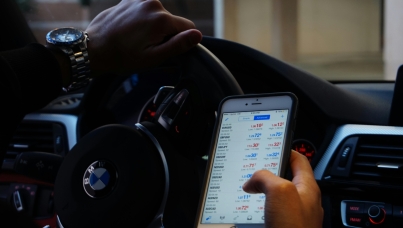1 in 3 support strikes by railway workers, lagging behind support for nurses, ambulance workers and junior doctors
- Public support for continued public sector strikes varies by sector, with highest levels of support for healthcare workers
- 3 in 5 support strikes by nurses (60%) and ambulance workers (58%), with 1 in 2 supporting strikes by junior doctors (51%)
- Just under half, 45%, support strikes by teachers
- Support for railway workers is lower at only 1 in 3 (32%), with support trending downward since February
- Half feel the government is more at fault for the disputes with both teachers (48%) and junior doctors (50%) lasting as long as they have, while 1 in 4 think the government and the sector workers are equally at fault
New research from Ipsos of the British public has found that strikes by railway workers, who are currently due to strike on Saturday, 18 March, are supported by only 1 in 3 (32%), a 7ppt decline from February, while 45% are opposed (+8). By contrast, strikes by healthcare workers and teachers have more backing. Around 6 in ten support strikes by nurses (60%, down 4ppts since February, 24% opposed) and by ambulance workers, whose (58%, while 26% are opposed +4). Looking at other professions who have been on strike recently, 51% support strikes by junior doctors (29% are against), while 45% support strikes by teachers (32% against).
Concerning the teacher strikes, 3 in 4 say they have sympathy for pupils (77%) and parents (75%), while 1 in 2 have sympathy for teachers (52%). Less than half have sympathy for the unions representing teachers (39%), with only 1 in 4 with sympathy for the UK government (23%). Around half (48%) think the government is more at fault for the dispute with teachers lasting this long, with a further 1 in 4 (23%) thinking they’re both at fault. 1 in 5 (19%) say teachers are more at fault.
This is consistent with the public’s view of who is at fault for the strikes by junior doctors, with 1 in 2 (50%) saying they think the government is more at fault for the dispute with junior doctors lasting this long, and 1 in 4 (26%) thinking they’re both at fault. Just over 1 in 10 (13%) think the junior doctors are more at fault.
Gideon Skinner, Head of Political Research at Ipsos, said:
After another week of strikes there has been some movement in negotiations, which will be welcomed by the public whose sympathy is most with the parents, pupils, patients and passengers affected. However, Britons do have sympathy for the workers involved too, and tend to blame the government more for the doctors and teachers strikes lasting so long, which will have added to the pressure to get them resolved. More broadly, we continue to see a hierarchy of support for strikes in public opinion, with it highest for healthcare workers and lower for industrial action on the railways.
Technical note
Ipsos interviewed a representative quota sample of 1,000 adults aged 18-75 in Great Britain. Interviews took place on the online Omnibus 15th-16th March 2023. Data has been weighted to the known offline population proportions. All polls are subject to a wide range of potential sources of error.




